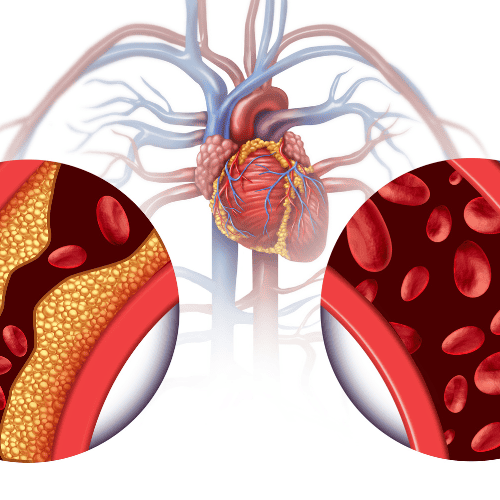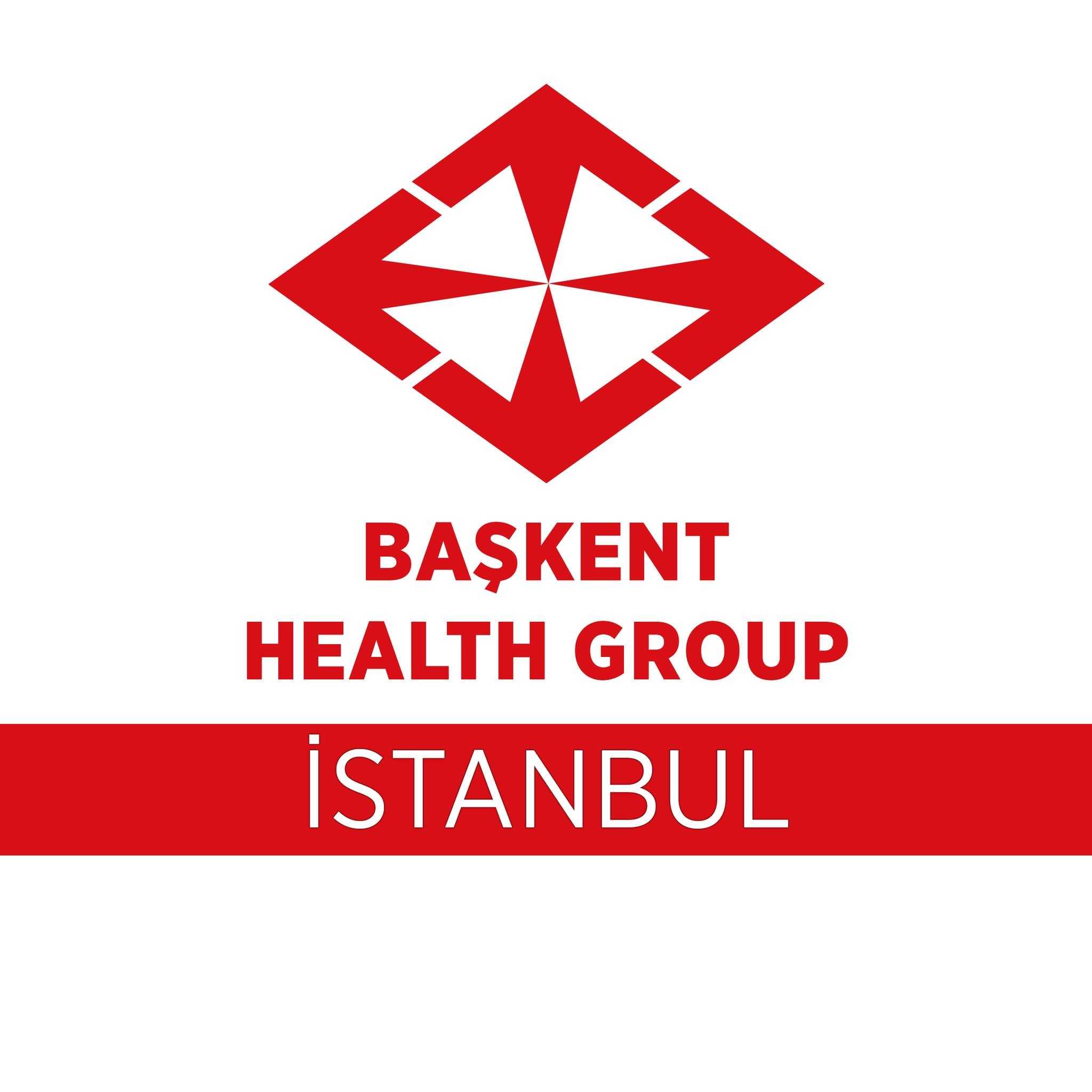
Every year, millions of people worldwide suffer from life-threatening heart conditions that require advanced medical interventions. For those facing the dire need for a heart transplant or intricate surgical procedures, the choice of where to seek treatment becomes a paramount decision. Fortunately, advancements in medical technology and expertise have expanded the options for individuals seeking the best care for their ailing hearts.
In this article, we delve into the top countries that excel in heart transplants and surgeries, offering hope and life-saving opportunities to patients in need. By examining the quality of healthcare systems, the availability of medical facilities, the expertise of medical professionals, and patient outcomes, we aim to shed light on the leading destinations for cardiac care across the globe.
Join us as we embark on a journey through the realms of cutting-edge medical innovation, compassionate healthcare professionals, and the countries that stand at the forefront of revolutionizing heart transplants and surgeries. By understanding the strengths and advantages offered by these nations, individuals seeking cardiac interventions can make informed decisions that hold the potential to shape the course of their lives.
So, let us explore the best countries for heart transplants and surgeries, where exceptional medical care converges with unwavering dedication to saving lives and restoring hope.
Best Countries for Heart Transplant & Cardiac Surgeries
Turkey, Mexico, and India have emerged as leading destinations for heart transplants and surgeries, offering advanced medical facilities, skilled healthcare professionals, and patient-centric care. These countries provide hope and life-saving opportunities for individuals in need of cardiac interventions, exemplifying the remarkable advancements in cardiac care on a global scale.
1. Turkey
Turkey has emerged as a prominent destination for individuals seeking top-notch heart transplant and surgical procedures. With its cutting-edge medical facilities, skilled healthcare professionals, and a rapidly advancing healthcare system, Turkey has cemented its position as a rising hub for cardiac care.
The success of Turkey's cardiac programs can be attributed to several factors. Firstly, the country boasts a robust healthcare infrastructure, with state-of-the-art hospitals and specialized cardiac centers equipped with advanced technologies. These facilities offer a comprehensive range of services, including heart transplants, coronary artery bypass grafting (CABG), valve replacements, and minimally invasive procedures.
In addition to infrastructure, Turkey is home to a highly skilled and experienced medical workforce. The country has cultivated a cadre of cardiac surgeons and healthcare professionals who have received training and education from renowned international institutions. These experts utilize the latest techniques and advancements in cardiac care to deliver exceptional outcomes for patients.
Moreover, Turkey's geographical location plays a significant role in its emergence as a medical tourism hub. Its proximity to Europe, Asia, and Africa makes it easily accessible to patients from various regions, attracting individuals seeking quality cardiac treatments.
Another factor contributing to Turkey's appeal is its affordability compared to other countries offering similar medical services. The cost of heart transplants and surgeries in Turkey is relatively lower, making it an attractive option for patients seeking cost-effective yet high-quality healthcare.
Furthermore, Turkey's healthcare system places a strong emphasis on patient-centric care and personalized treatment plans. The medical staff in Turkish hospitals prioritize patient satisfaction and comfort throughout the treatment journey, ensuring that individuals receive comprehensive support and care.
As Turkey continues to invest in its healthcare infrastructure and expertise, the country is poised to become a global leader in heart transplants and surgeries. Its commitment to medical excellence, combined with its favorable geographical location, affordability, and patient-centered approach, positions Turkey as a compelling choice for those in need of life-saving cardiac interventions.
Best Heart Surgery Clinic in Turkey
2. Mexico
Mexico has emerged as a sought-after destination for individuals seeking advanced heart transplant and surgical procedures. With its state-of-the-art medical facilities, highly skilled healthcare professionals, and a growing reputation for excellence in cardiac care, Mexico has established itself as a haven for those in need of life-saving interventions.
One of Mexico's notable strengths lies in its world-class medical infrastructure. The country is home to modern hospitals and specialized cardiac centers equipped with the latest technologies and cutting-edge equipment. These facilities offer a wide range of cardiac procedures, including heart transplants, coronary artery bypass grafting (CABG), angioplasty, and valve replacements. Patients can expect to receive top-notch care in a supportive and advanced medical environment.
Mexico takes pride in its pool of highly trained cardiac surgeons and medical professionals. Many of these experts have received international training and possess vast experience in performing complex heart surgeries. Their expertise, combined with their commitment to staying abreast of the latest advancements in cardiac care, ensures that patients receive the highest standard of treatment and optimal outcomes.
Moreover, Mexico's geographical proximity to the United States makes it a convenient choice for patients seeking cardiac care. Many individuals from the U.S. and Canada choose Mexico for heart transplants and surgeries due to its accessibility and the potential for cost savings. Mexico offers a more affordable healthcare option without compromising on quality, making it an attractive choice for medical tourists.
Additionally, Mexico's healthcare system places a strong emphasis on personalized patient care. Hospitals and medical staff in Mexico prioritize patient well-being and strive to provide a compassionate and supportive environment throughout the treatment process. This patient-centric approach, coupled with the country's warm hospitality, contributes to a positive healthcare experience for individuals seeking cardiac interventions.
Furthermore, Mexico boasts a thriving medical tourism industry, with specialized agencies and facilitators dedicated to assisting international patients. These organizations provide comprehensive support, including travel arrangements, language interpretation services, and coordination of medical appointments, ensuring a smooth and hassle-free experience for patients coming to Mexico for cardiac treatments.
Best Heart Surgery Clinic in Mexico
3. India
India has emerged as a global hub for advanced heart transplants and surgeries, offering a blend of cutting-edge medical technology, renowned healthcare institutions, and highly skilled cardiac specialists. With its rich medical expertise, India has become a preferred destination for individuals seeking world-class cardiac care.
One of India's key strengths in the field of cardiac care lies in its top-tier medical facilities. The country boasts a wide network of modern hospitals and specialized cardiac centers that are equipped with state-of-the-art infrastructure and advanced medical equipment. These facilities adhere to international standards and offer a comprehensive range of cardiac treatments, including heart transplants, angioplasty, stenting, coronary artery bypass grafting (CABG), and valve replacements.
Indian healthcare professionals are globally recognized for their exceptional skills and expertise in cardiac care. The country has a large pool of highly trained cardiac surgeons, cardiologists, and support staff who have honed their skills through extensive education and training. Many Indian doctors have gained experience working in renowned international medical institutions, bringing back their expertise to provide world-class care in India.
India's reputation as a destination for medical tourism has been steadily growing, and cardiac care is a significant contributor to this trend. The country attracts a substantial number of international patients who seek cardiac treatments due to its affordability without compromising on quality. The cost of heart transplants and surgeries in India is often significantly lower compared to other countries, making it an attractive choice for patients seeking cost-effective options.
Furthermore, India's commitment to technological advancements in healthcare has contributed to its prominence in the field of cardiac care. The country has embraced state-of-the-art diagnostic tools, minimally invasive techniques, and robotic-assisted surgeries, enabling cardiac procedures to be performed with precision and enhanced patient outcomes.
In addition to the impressive infrastructure and medical expertise, India's healthcare system places great emphasis on compassionate patient care. Hospitals in India are known for their personalized approach, providing individualized treatment plans and a supportive environment for patients and their families. The warmth and hospitality extended by the medical staff contribute to a positive and comforting experience for individuals seeking cardiac interventions.
India's success in cardiac care is also reflected in its impressive track record of patient outcomes. The country has achieved high success rates in heart transplants and surgeries, with a growing number of success stories from both domestic and international patients. These success stories serve as a testament to the expertise and dedication of Indian medical professionals.
As India continues to make strides in cardiac care, it solidifies its position as a global leader in heart transplants and surgeries. The combination of advanced medical infrastructure, skilled healthcare professionals, affordability, and patient-centric care makes India a compelling choice for individuals seeking life-saving cardiac interventions.
Best Heart Surgery Clinic in India
Overview of Cardiac Surgery
Cardiac surgery is a branch of surgery that diagnoses and manages cardiovascular diseases. The first surgery on the heart was performed in Oslo in 1895. Frequently, it is done to treat complications of ischemic heart disease (for example, coronary artery bypass grafting), correct congenital heart disease, or treat valvular heart disease from various causes including endocarditis, rheumatic heart disease and atherosclerosis. It also includes heart transplantation.
Heart Surgery Procedures
- Coronary artery bypass grafting (CABG) is the most common type of heart surgery. CABG improves blood flow to the heart and surgeons use CABG to treat people who have severe coronary heart disease (CHD).
- Transmyocardial Laser Revascularization (TMR) is surgery used to treat angina and is most often used when no other treatments work.
- Heart Transplant is surgery to remove a diseased heart and replace it with a healthy heart from another person. Most heart transplants are done on patients who have end-stage heart failure.
- Heart Valve Repair or Replacement - The heart has four chambers where blood is pumped through aided by four heart valves. The blood is pumped through in only one direction, and here the heart valves play key roles. They open and close to let the blood flow in only one direction at each heartbeat. Currently, surgery to replace the valve is the traditional treatment for reasonably healthy people. However, catheter procedures might be a safer option for patients who have conditions that make open-heart surgery very risky.
- Pacemaker - A heart beats (contracts) due to electrical impulses from the heart muscle. For some people, these impulses do not work properly, causing the heart to beat too fast, too slow, or irregularly. To help the heart beat regularly, an implantable (or artificial) pacemaker is inserted into the patient’s body. This small device (the size of a matchbox) is run by a battery.
- Open-heart surgery is any kind of procedure in which a surgeon makes a large incision in the chest to open the rib cage and operate on the heart. "Open" refers to the chest, not the heart. Depending on the type of surgery, the surgeon also may open the heart.
- Beating-heart surgery - Since the 1990s, surgeons have begun to perform "Off-pump" – coronary artery bypass surgery without the cardiopulmonary bypass. In these operations, the heart is beating during surgery, but is stabilized to provide an almost still work area in which to connect the conduit vessel that bypasses the blockage.
- Minimally invasive surgery - A procedure that has grown in popularity is robot-assisted heart surgery. This is where a machine is used to perform surgery while being controlled by the heart surgeon. The main advantage to this is the size of the incision made in the patient. Instead of an incision being at least big enough for the surgeon to put his hands inside, it does not have to be bigger than 3 small holes for the robot's much smaller hands to get through.
- Aneurysm Repair - An aneurysm is a balloon-like bulge in the wall of an artery or the heart muscle, and can occur if the artery wall weakens. Over time, an aneurysm can grow and burst, causing dangerous, often fatal bleeding inside the body. Aneurysms in the heart most often occur in the heart's lower left chamber (the left ventricle). Repairing an aneurysm involves surgery to replace the weak section of the artery or heart wall with a patch or graft.
Benefits of Heart Surgeries and Procedures
Because healthy cardiac health is vital for life, the benefits of heart surgeries and procedures to help restore optimal function of all aspects of the heart muscle are endless. However, as with any type of surgery, there are risks involved, and cardiac surgery options and procedures need to be carefully evaluated by both patient and physician to determine the most optimal prognosis. After recovering from heart surgery, you should be able to return to work, but it may be necessary to change the type of work you do. For example, you may not be able to do a job that involves heavy physical exertion.
How to Find a Heart Surgeon Abroad?
A heart surgeon must meet basic requirements and training for certification in various cardiac fields and techniques, as well as specialties. A cardiac surgery resident may stand anywhere from five to ten years training to become a fully qualified surgeon in cardiac surgery and procedures. Cardio thoracic surgeons typically complete a five-year general surgery residency, followed by two to three years of specialization in cardiothoracic surgeries. Various licensing boards that certify surgeons in cardiac surgery as well as subspecialties differ per country of origin. When looking for qualified cardiac surgeons in any country, look to national and statewide boards, associations, and memberships in specific cardiovascular specialties.
With growth in medical travel, there are many options at affordable prices and possibility to fulfil parenting dreams. PlacidWay, a leader in the medical tourism industry, offers extensive information related to medical travel, international medical providers, foreign treatment packages, as well as global destinations for health travelers. PlacidWay's network has over 300 renowned medical centers from 35 countries, and is able to help customers from all over the world get access to personalized, safe, and affordable medical care meeting their budget requirements.
Contact us to find out more about cardiac surgery options abroad!

















Share this listing